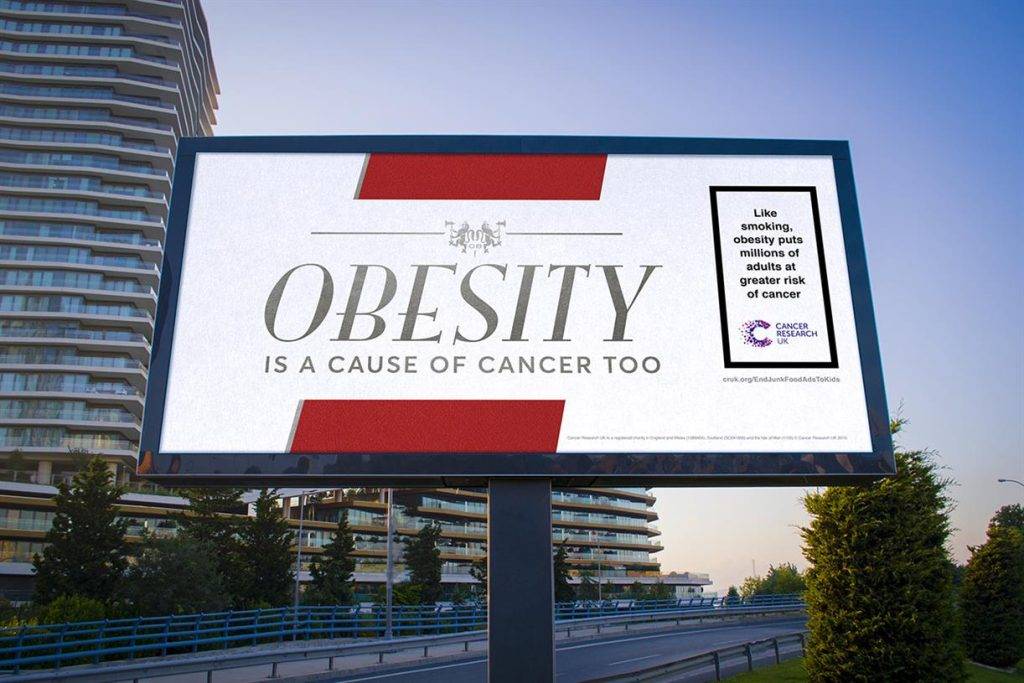A question asked by a growing number of medical practitioners is: Does Obesity Cause Cancer? While it is commonly believed it does, searching the answer on Google would otherwise.
No, obesity does not cause cancer, but it is a risk factor for some types of cancer. Obesity is linked to an increased risk of several types of cancer, including breast, colorectal, endometrial, and kidney cancer. Being overweight increases the risk of developing these cancers because fat cells can produce hormones and other substances that can lead to cell damage and cancer.

Types of Cancer Associated With Obesity
- Endometrial Cancer
- Colorectal Cancer
- Breast Cancer
- Pancreatic Cancer
- Kidney Cancer
- Gallbladder Cancer
- Liver Cancer
- Ovarian Cancer
- Prostate Cancer
- Non-Hodgkin’s Lymphoma
Number of Deaths Caused by Cancer Annually Globally
According to the World Health Organization, an estimated 9.6 million people died from cancer in 2018, representing one in six of all deaths worldwide.
What Can I Do to Minimise the Risk of Cancer?
- Avoid tobacco and alcohol: Avoiding or minimizing the use of tobacco and alcohol is one of the best ways to reduce your risk of cancer.
- Eat a healthy diet: Eating a balanced diet rich in fruits, vegetables, and whole grains and limiting processed and red meats can help lower your cancer risk.
- Exercise regularly: Regular physical activity is associated with a lower risk of some cancers, so aim to get at least 30 minutes of moderate physical activity most days of the week.
- Maintain a healthy weight: Being overweight or obese increases your risk of certain cancers, so aim to maintain a healthy weight through healthy eating and regular physical activity.
- Get regular check-ups and screenings: Regular check-ups and screenings can help detect cancer early when it is easier to treat. Discuss any recommended screenings with your doctor.
- Limit exposure to environmental toxins, such as pesticides, herbicides, and other chemicals.
- Limit exposure to UV radiation: Wear sunscreen, protective clothing, and sunglasses to limit exposure to UV radiation from the sun and tanning beds.
- Avoid risky behaviours: Avoid risky behaviours such as unprotected sex and sharing needles, which increase your risk for certain cancers.
- Get vaccinated: Vaccines can help protect you from certain viral infections that can lead to cancer. Talk to your doctor about recommended vaccines.
